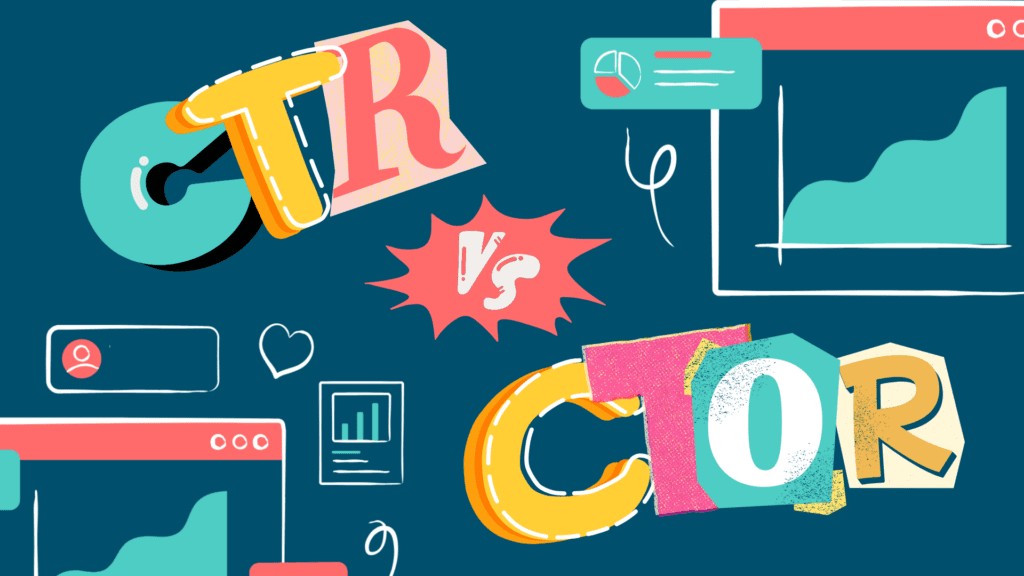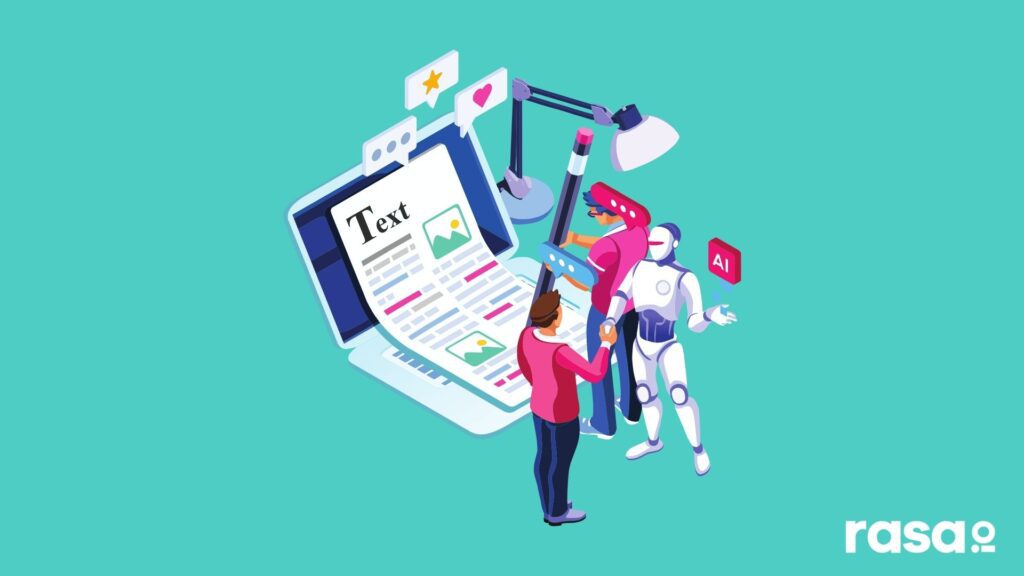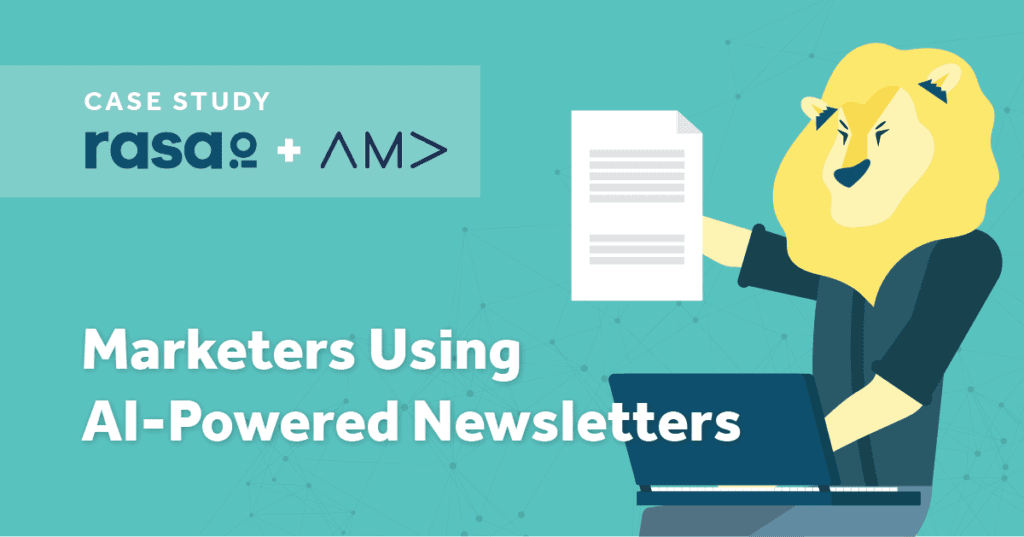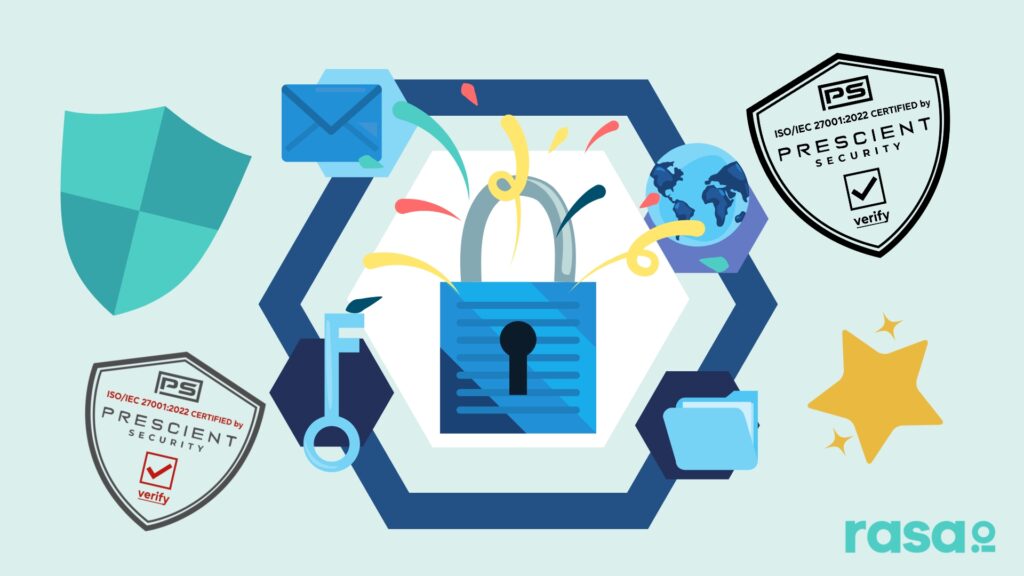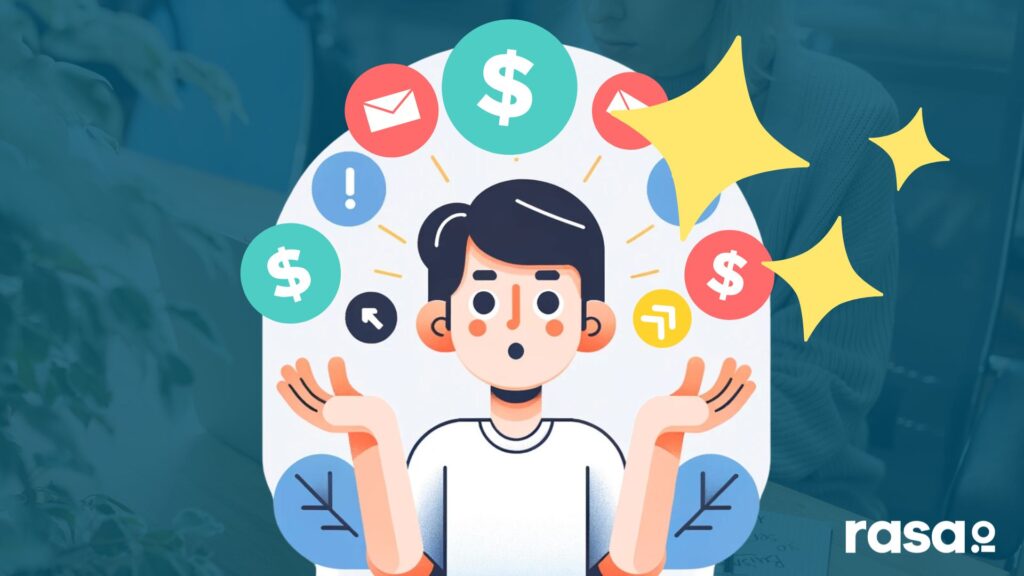Attention is a precious commodity these days. Consumers are constantly bombarded with content, ads, and choices, and they increasingly crave personalized experiences tailored to their specific needs and interests.
As a result, personalization, the art of creating a unique experience for each individual, has become a powerful tool for driving engagement, loyalty, and conversions. But crafting truly personalized experiences can be daunting.
That’s where artificial intelligence (AI) comes in. AI empowers businesses to leverage vast amounts of data to understand their customers more deeply, ultimately delivering memorable experiences.
This article explores what AI personalization entails and thirteen key examples of how the AI algorithm revolutionizes personalization across various touchpoints.
What is AI Personalization?
AI personalization leverages advanced algorithms and machine learning techniques to tailor experiences, products, and content to individual users’ preferences and behaviors. By analyzing data such as browsing history, purchase patterns, and user interactions, AI can deliver highly relevant recommendations and suggestions.
Whether it’s personalized newsletters in email marketing or tailored product recommendations in e-commerce, AI personalization enhances customer engagement by making every interaction feel uniquely suited to each person at each step in the customer journey. This approach not only boosts customer satisfaction but also drives increased sales and brand loyalty, making AI personalization a powerful tool in today’s digital landscape.
1. The Power of Prediction: Replenishing Your Necessities Before You Even Know You Need Them
Imagine you’re about to run out of your favorite brand of laundry detergent. Before you scramble to the store, Amazon notifies you that your preferred detergent is back in stock, and they’ve even included a discount for your continued loyalty. This is the magic of AI-powered predictive analytics.
Companies like Amazon analyze your past purchases, customer behavior, and even external factors like weather patterns to predict your future needs. They then leverage this information to deliver timely recommendations and offers, ensuring a seamless and personalized shopping experience.
2. Curating Your Feed: The Social Media Algorithm Tailored to Your Tastes
Have you ever scrolled through your social media feed and felt like it was reading your mind? Chances are, it was. Social media platforms like Facebook and Instagram use sophisticated AI algorithms to personalize your “For You” experience. These algorithms analyze your interactions – the posts you like, the comments you leave, the profiles you follow – to curate a feed filled with social media content that resonates with your interests.
This personalized approach keeps users engaged and coming back for more, ultimately increasing the platform’s user base and advertising revenue. While some debate the potential “filter bubble” effect of personalized feeds, their effectiveness in keeping users hooked is undeniable.
3. Elevating Your Email Marketing with Content Personalization
In the ever-evolving world of email marketing, standing out in a crowded inbox is more challenging than ever. This is where AI powered personalization comes in, transforming the newsletter experience. By leveraging advanced algorithms, newsletters can be tailored to each subscriber, ensuring that every email is relevant and engaging. This approach analyzes user behavior and preferences to curate personalized content that feels like it was made just for you just like social media. The result? Increased open rates and engagement, as well as a deeper connection with your audience.
Elevate Your Email Marketing With AI
Increase your open rates and engagement, and deepen your connection with your audience.
4. Transforming E-Commerce with AI: Personalized Product Recommendations That Resonate
In today’s digital shopping landscape, AI-powered product recommendations are revolutionizing how we shop online. These intelligent systems analyze your browsing history, purchase behavior, and trends to suggest products that match your unique preferences.
By presenting items that align with individual tastes and needs, AI-driven recommendations enhance the shopping experience, making it more personalized and enjoyable. This tailored approach not only boosts customer satisfaction but also increases sales and customer loyalty.
5. Personalized Networking Recommendations: Connecting with AI
Navigating the vast world of professional networking can be daunting, but AI-powered personalization is changing the game. By analyzing your career interests, industry, and past networking behavior, AI systems can recommend connections with other professionals who share similar goals and expertise. Whether it’s through a website, app, or any professional networking platform, these personalized recommendations help you forge meaningful connections that can advance your career. This tailored approach not only enhances your networking experience but also fosters a more engaged and supportive professional community.
6. Targeted Advertising: The Fine Line Between Convenience and Intrusion
Have you ever searched for a specific product online, only to see ads appear on seemingly every website you visit afterward? This is the power of AI-driven advertising platforms like Google Ads and LinkedIn Ads.
These platforms leverage data like search history, demographics, and online behavior to tailor ad experiences to individual users. This approach can be incredibly effective, showing users products they’re genuinely interested in, but it can also feel intrusive if not implemented with care.
7. Building Rapport Through Chatbots: Personalized Support at Your Fingertip
Waiting on hold for customer service can be frustrating. AI-powered chatbots offer a solution: They provide immediate and personalized support. Chatbots can answer basic questions, resolve issues, and even escalate complex matters to human representatives.
These chatbots are trained on vast amounts of customer data and historical interactions, allowing them to understand user intent and respond accordingly. This personalized approach can improve customer satisfaction and lead to faster resolution times.
8. Curated Publication Recommendations: Enhancing Scholarly Research with AI
Staying up-to-date of the latest publications can be overwhelming in academic and scholarly research. AI-based personalization is transforming this experience by offering tailored publication recommendations. By analyzing an individual’s research interests, article content, and citation history, AI systems can suggest related articles, journals, and papers that align closely with their field of study. This personalized approach ensures that researchers receive the most relevant and impactful content, saving time and enhancing the quality of their work.
9. The Power of Recommendation: Helping You Discover Your Next Favorite Movie or Book
Have you ever struggled to decide what movie to watch or book to read? Streaming services like Netflix and online retailers like Amazon leverage AI to personalize user recommendations. These platforms suggest content you’ll likely enjoy by analyzing past viewing/reading habits and preferences.
This approach helps users discover new favorites, increases engagement, and keeps them returning for more. It’s a win-win for both parties.
10. Adaptive Learning: Tailoring Education to Your Pace and Needs
The traditional one-size-fits-all approach to education doesn’t always work. AI-powered learning platforms are changing the game by personalizing each person’s learning experience.
These platforms assess a learner’s strengths, weaknesses, and learning style and then adapt the curriculum accordingly. Students receive targeted resources, tailored practice exercises, and personalized feedback, allowing them to progress at their own pace and more effectively master core concepts.
11. Unlocking the Potential of AI Marketing: Delivering the Right Content to the Right Audience
Digital marketing is crucial in today’s digital landscape, but producing content that resonates with a broad audience can be challenging. AI can personalize and optimize digital marketing efforts in several ways at every marketing funnel stage. AI-powered tools can analyze user data to understand their interests and pain points. This allows businesses to create content that directly addresses their audience’s needs.
12. The Power of Dynamic Pricing: Tailoring Offers Based on Individual Preferences
The concept of “one price fits all” is slowly fading away. AI empowers businesses to implement dynamic pricing strategies, adjusting prices based on individual customer preferences and market conditions. Travel websites, for example, may offer different flight prices based on a user’s past booking history and search behavior.
While dynamic pricing can raise ethical concerns, AI can be used responsibly to create a win-win scenario. By offering personalized pricing, businesses can increase revenue while ensuring customers feel they’re getting a fair deal.
13. Personalized Healthcare: Using AI to Predict and Prevent Health Issues
The healthcare industry is rapidly adopting AI for personalized care. AI can analyze a patient’s medical history, genetic data, and lifestyle factors to predict potential health risks. This allows doctors to intervene early and develop personalized preventive measures. Additionally, conversational AI tools like chatbots can provide patients with 24/7 health information and support, improving overall well-being.
AI powers the Future of Personalization
The examples above showcase AI’s immense potential for creating personalized experiences across various industries and are a testament to how AI-driven personalization has become integral to our lives. From predicting customer needs to recommending content, AI empowers businesses to cultivate deeper customer relationships and drive real business value.
However, it’s crucial to remember that AI is a tool, and like any tool, its effectiveness depends on responsible implementation. Transparency and user trust are paramount. Businesses should clearly communicate how they use AI and ensure data privacy is respected.
As AI technology continues to evolve, one thing is certain: personalization will be at the forefront of customer experiences. By embracing AI responsibly, businesses can create experiences that delight and engage their customers, ultimately leading to a future where every interaction feels truly personal.
What specific data points are most important for effective AI personalization?
For effective AI personalization, focus on collecting data points such as user behavior, preferences, purchase history, and demographic information. These data points help tailor the personalized experiences more accurately.
How can small businesses without extensive data leverage AI personalization?
Small businesses can leverage AI personalization by starting with their data, such as customer interactions and feedback. With tools previously only accessible in larger organizations, small businesses can now create personalized experiences without needing extensive funding, work, and development.
What are the ethical considerations and potential drawbacks of AI personalization?
Ethical considerations and potential drawbacks of AI personalization include privacy concerns and the risk of creating filter bubbles (as mentioned before). Businesses must ensure transparent data usage policies and avoid overly narrowing the content or product recommendations.






